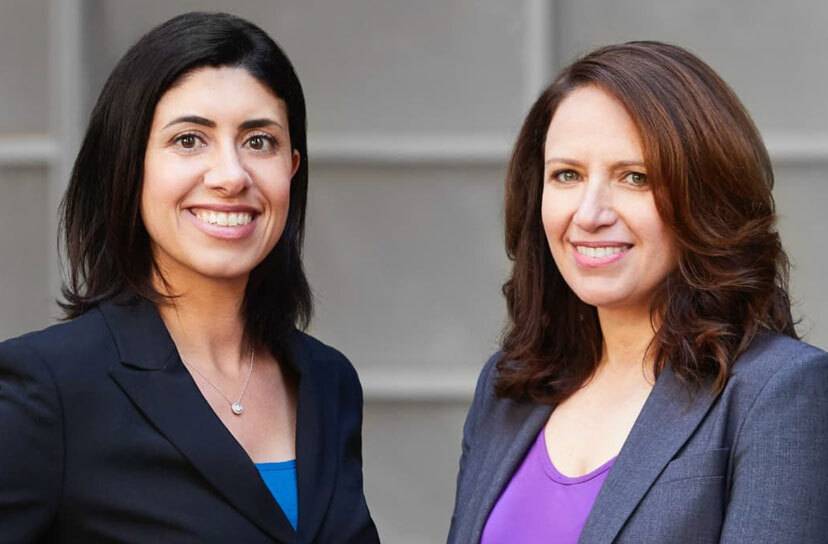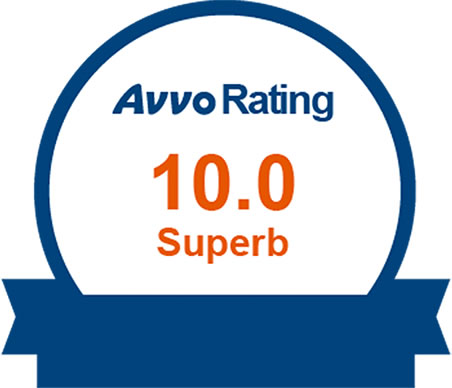Move-away disputes and relocation cases often prove to be some of the toughest conflicts our clients face. The consequences of a court’s ruling in a move-away case can be profound on both parents and children. A move could be disputed even at a distance of 50 miles away – so long as the new arrangement would disrupt the other parent’s ability to see their children under the current parenting plan in effect. As a result, both the emotional and economic stakes tend to run high in move-away cases.
Whichever side of a move-away case you’re on, our attorneys provide carefully considered legal options to help protect your rights.
Move-away disputes make up a complex area of law that’s constantly evolving with new court decisions. In general, relocation cases are usually decided in the following ways:
If one parent has sole physical custody of the child, they may have an easier time getting court permission to move away. In such cases, the non-custodial parent may successfully prevent the move if they can prove to the court that:
To determine whether to grant a move-away request or not, courts will consider:
Every situation is unique and every family has different needs, which is why it’s important to consult with a competent family law attorney who can put your best interests forward. However, below are general strategies to consider depending on where you stand.
If you and your co-parent are unable to come to a custody agreement, you may agree to do a custody evaluation or the court may order the evaluation.
A typical custody evaluation will proceed in several stages over a period of time. A custody evaluation will commonly include the following parts:
Interviewing both parents
Interviewing the child or children
Observing the parent-child relationship through home visits
Psychological testing and analysis of both parents
Courts usually place great weight on the custody evaluation and the recommendations that result.
We are a full-service family law firm with experience litigating and negotiating complex divorces and domestic partnership dissolutions in California since 2009.
Whether it’s a simple asset division, a basic custody agreement, or more intricate matters like dividing stock options, limited partnership interests, or a contested custody dispute, we develop creative strategies to meet every goal. Our premier divorce lawyers have a strong record of courtroom success and negotiated settlements.









We understand the high stakes involved in move-away disputes and that nothing is more important than one’s child. If you need a child custody attorney you can trust to handle the sensitive issues behind your move-away dispute in the San Francisco Bay Area, call us at (415) 625-4587 or fill out our contact form to schedule a consultation.
"*" indicates required fields

We are a full-service family law firm with experience litigating and negotiating complex divorces and domestic partnership dissolutions in California.
"*" indicates required fields